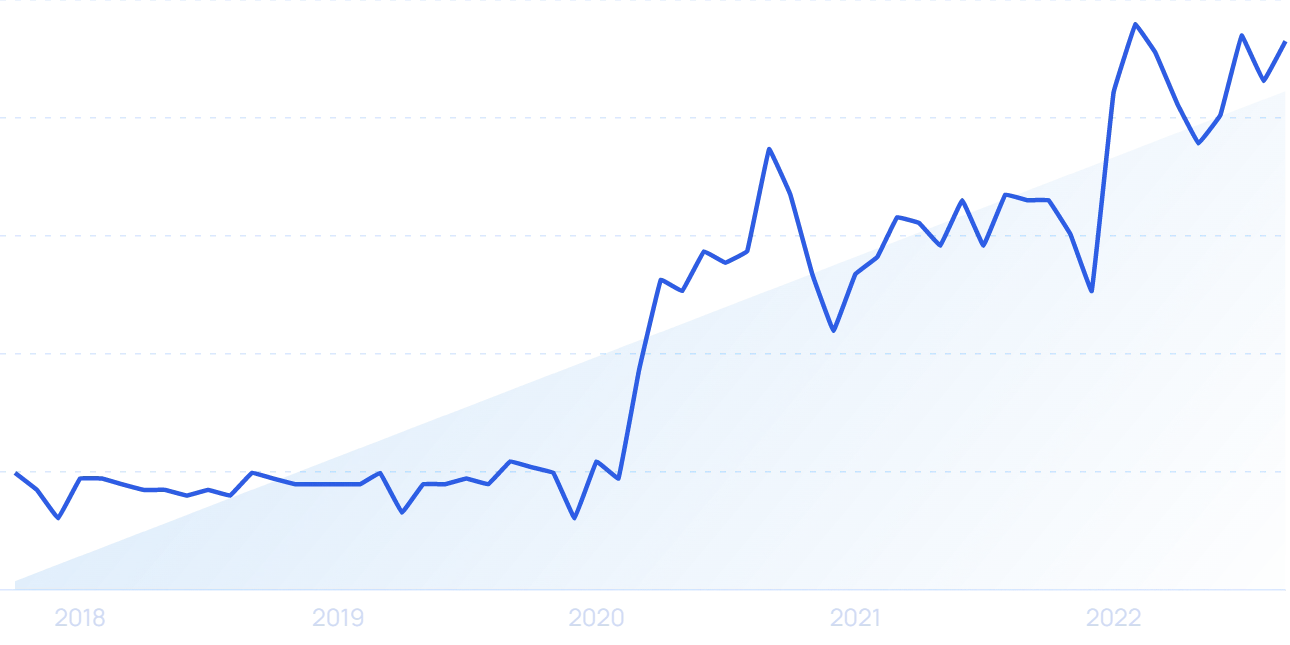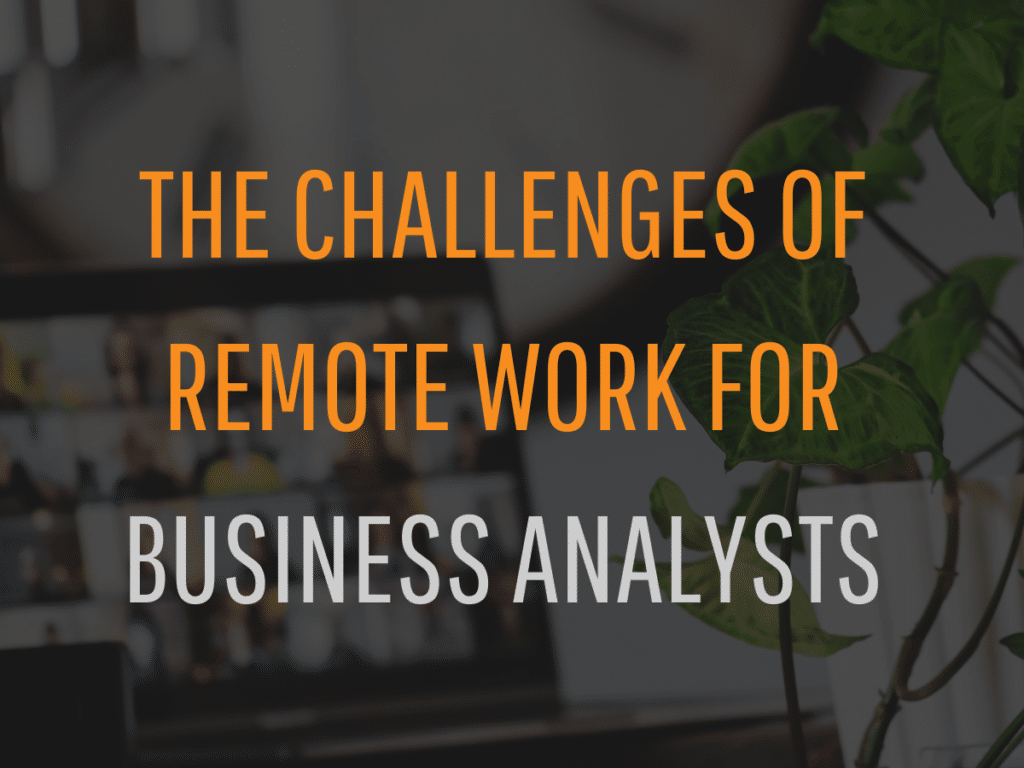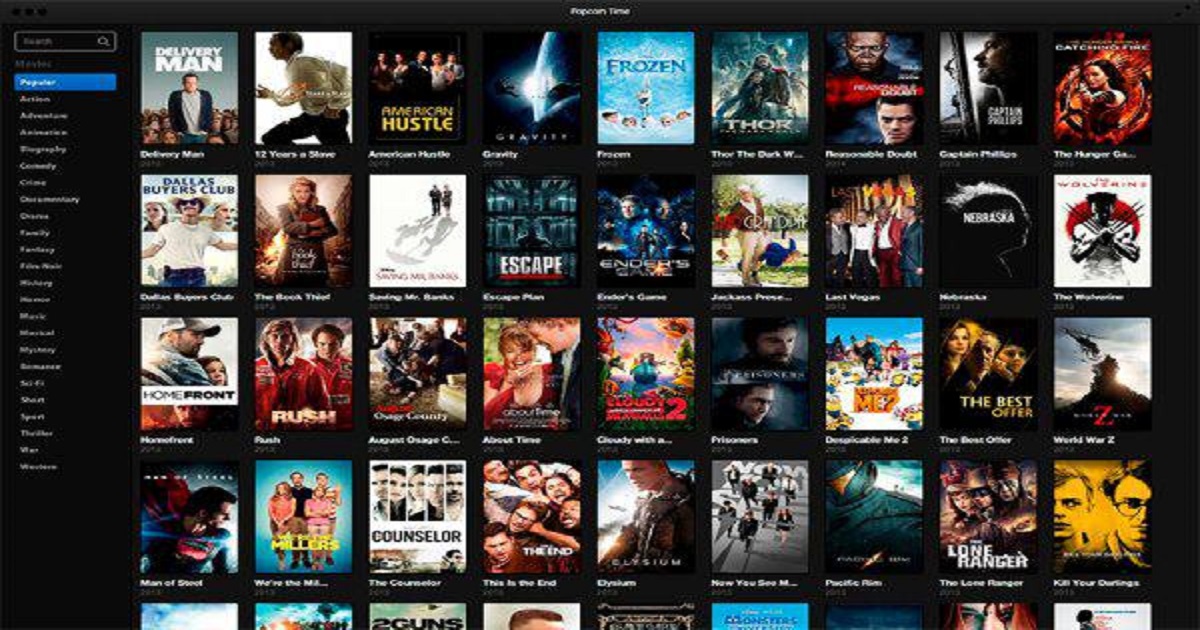In today’s digital age, the demand for skilled professionals who can analyze data to drive business decisions is on the rise. One such role is that of a Business Intelligence (BI) Analyst. With advancements in technology and the increasing acceptance of remote work, opportunities for remote BI analysts have expanded significantly.
Remote Work Trends

Remote work has witnessed a dramatic surge in recent years, fueled by technological advancements and changing attitudes toward work-life balance. Companies are embracing remote work to access a broader talent pool, reduce overhead costs, and enhance employee satisfaction.
Demand for Business Intelligence Analysts
Business Intelligence Analysts play a crucial role in helping organizations leverage data to make informed decisions. As businesses recognize the importance of data-driven insights, the demand for skilled BI analysts continues to grow. This demand extends to remote positions, offering professionals the flexibility to work from anywhere.
Skills Required
To excel as a remote BI analyst, individuals need a combination of technical expertise, analytical prowess, and strong communication skills. Proficiency in data analysis tools, statistical methods, and database management is essential for interpreting complex datasets effectively.
How to Find Remote BI Analyst Jobs?
Finding remote BI analyst jobs requires a strategic approach. Online job boards, professional networking platforms, and freelancing websites are valuable resources for identifying remote opportunities. Building a strong online presence and actively networking with industry professionals can also enhance job prospects.
Tips for Landing a Remote BI Analyst Job
Customizing your resume and cover letter to highlight relevant skills and experience is crucial when applying for remote BI analyst roles. Emphasizing your ability to thrive in a remote work environment and showcasing your remote collaboration skills can give you a competitive edge.
Challenges of Remote BI Analyst Jobs

While remote work offers numerous benefits, it also presents unique challenges. Communication barriers, time zone differences, and the lack of face-to-face interaction can pose hurdles for remote BI analysts. Adopting effective communication strategies and implementing robust time management techniques are essential for overcoming these challenges.
Tools and Technologies
Remote BI analysts rely on various tools and technologies to perform their duties efficiently. Data visualization tools, such as Tableau and Power BI, help in creating insightful reports and dashboards. Collaboration platforms like Slack and Microsoft Teams facilitate seamless communication and collaboration among remote teams.
Salary Expectations

The average salary range for remote BI analysts varies depending on factors such as experience, location, and industry. While entry-level positions may offer lower salaries, experienced professionals with specialized skills can command higher compensation packages.
Future Outlook
The future looks promising for remote BI analysts, with continued growth in remote work opportunities and advancements in data analytics technology. As businesses increasingly prioritize data-driven decision-making, the demand for skilled BI analysts is expected to remain strong.
Conclusion
Remote BI analyst jobs offer an exciting opportunity for professionals to leverage their analytical skills while enjoying the flexibility of remote work. By honing relevant skills, networking effectively, and staying abreast of industry trends, aspiring remote BI analysts can position themselves for success in this dynamic field.
FAQs
- What qualifications do I need to become a remote BI analyst?
- While specific qualifications may vary, a bachelor’s degree in a relevant field such as computer science, business analytics, or statistics is typically required. Additionally, proficiency in data analysis tools and strong analytical skills are essential.
- Are remote BI analyst jobs limited to specific industries?
- No, remote BI analyst jobs span across various industries, including healthcare, finance, retail, and technology. Businesses in virtually every sector can benefit from the insights provided by BI analysts.
- How can I improve my chances of getting hired as a remote BI analyst?
- To enhance your job prospects, focus on developing relevant technical skills, gaining hands-on experience with data analysis tools, and building a strong professional network. Tailoring your resume and cover letter to highlight your remote work skills can also increase your chances of landing a remote BI analyst job.
- What are some common interview questions for remote BI analyst positions?
- Common interview questions for remote BI analyst positions may include inquiries about your experience with data analysis tools, problem-solving abilities, and past projects demonstrating your analytical skills. Employers may also ask about your experience working in remote environments and your ability to collaborate effectively with remote teams.
-
Is prior remote work experience necessary for remote BI analyst roles?
- While prior remote work experience is not always mandatory, it can be advantageous for remote BI analyst roles. Demonstrating your ability to work independently, communicate effectively in virtual settings, and manage time efficiently can strengthen your candidacy for remote positions.



